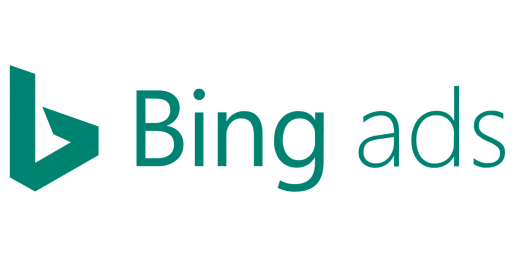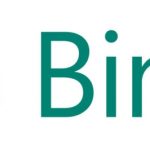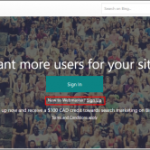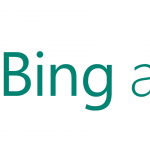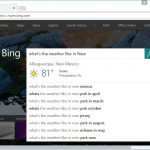Bing Refuses To Run 7 Million Ads For Misleading Content In 2016
Bing Refuses To Run 7 Million Ads For Misleading Content In 2016
by Laurie Sullivan, Staff Writer @lauriesullivan, February 8, 2017
Bing Ads this week released a list of actions that it has taken to keep those searching the Web safe from misleading or malicious activity often found across the Web.
The company blocked 130 million ads for direct policy compliance issues, banned 175,000 advertisers from placing ads on the search engine, and blocked 7 million ads for misleading content in 2016. That’s according to Microsoft Bing’s Bad Ads report released this week.
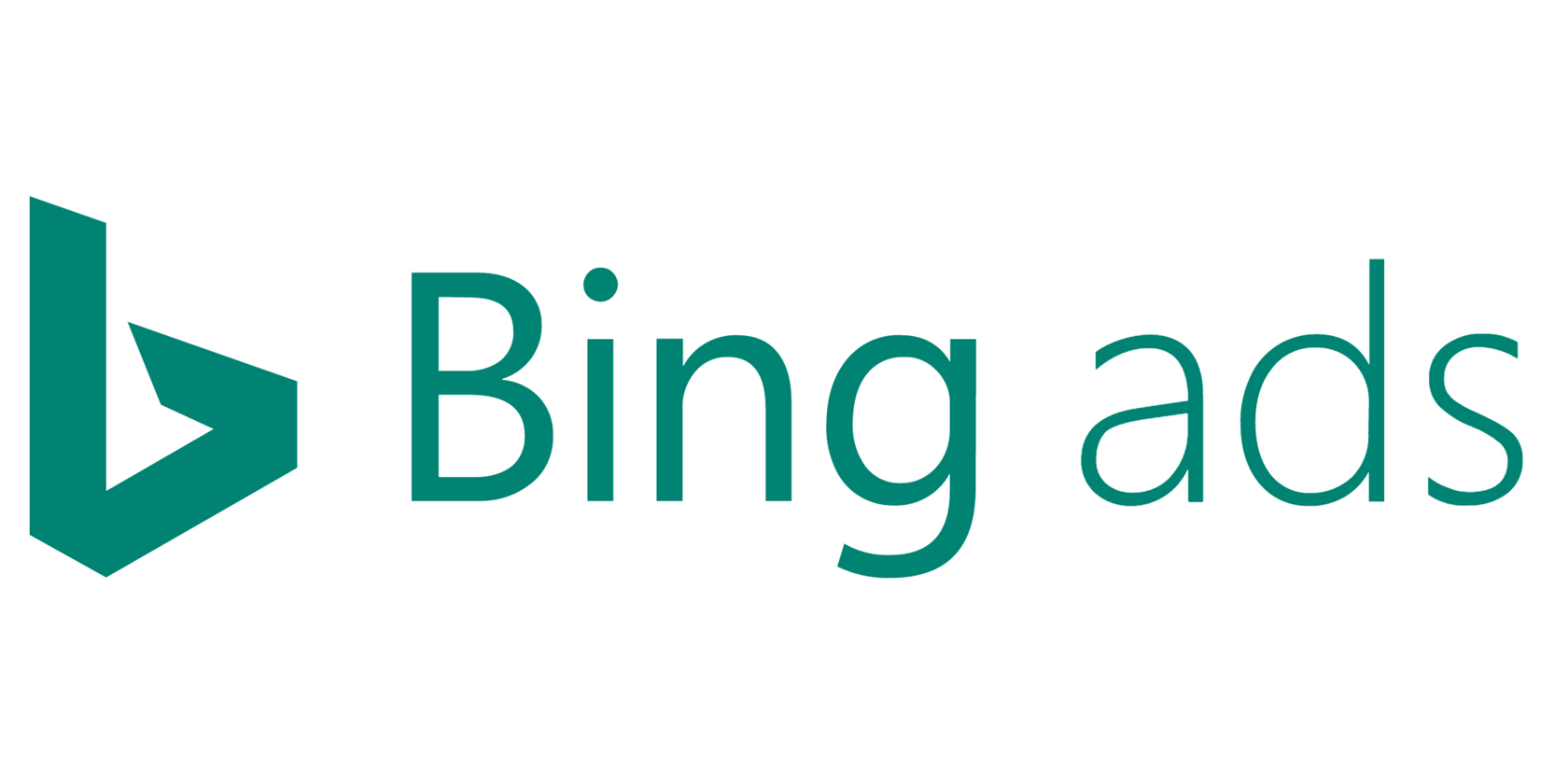
Last year, Bing added a software download policy for ads in an effort to reduce “unwanted and potentially malicious ads for many top free software programs.”
The policy says its “systems that detect browser hijacking ads, phishing attempts, scareware ads, ads targeting the most common sites on the internet, and ads with multimedia content. We also enforced policies directed towards gender determination ads to comply with country specific regulations.”
Similar to Google, Bing’s technology detects a variety of malicious attempts that undermine the consumers’ ability to have a positive experience as they search the Web.
Bing blocked more than 5,000 advertisers and 7,000 sites last year for phishing in 2016. More than 1 million ads were blocked for selling counterfeit goods. This compares with more than 7,000 advertisers and 700,000 ads blocked in 2015.
More than 17 million ads were blocked for third-party tech support scams in 2016, compared with 15 million ads and 25,000 sites in 2015.
In addition, more than 4 million ads were rejected for violating downloads related guidelines. More than 300 advertisers were blocked for ads that highjack the browser or scare users into thinking their PCs infected.
In 2015, the Bad Ads report shows that Bing also blocked more than 50 million ads for trademark infringement, which has become a major issue these days.
Last year, Bing began offering enhanced malware warnings by specifically calling out the threat. When users click on a URL suspected of phishing, a warning appears. This looks similar to the generic warning that the company has offered for years, but it now warns that the site might steal personal information.
MediaPost.com: Search Marketing Daily
(35)

